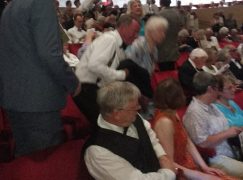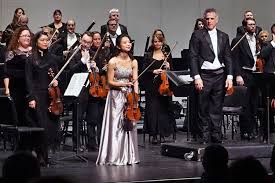The opera boom the Arts Council chooses to ignore
OperaThe Nevill Holt Festival in Leicestershire will put on its tenth season this summer. Audiences have grown at a rate of 15% a year. This year they will stage a double bill of Pagliacci and Gianni Schicchi in May-June followed by and Rossini’s La Cenerentola in June-July.
Not a penny from the Arts Council. No dialogue either.
Grange Park Opera in Surrey has rolled out its summer plans:
Tristan & Isolde Wagner 8 June – 9 July 2023
Tosca Puccini 10 June – 5 July 2023
Werther Massenet 17 June – 12 July 2023
Completely without public funding.
The Grange Festival in West Horsley has Gluck’s Orfeo ed Euridice’ and Purcell’s ‘Dido and Aeneas’ along with Cosi fan tutte and Queen of Spades.
Longborough in Gloucestershire has Wagner’s Götterdämmerung, Donizetti’s L’elisir d’amore, Purcell’s Faerie Queen and Monteverdi’s L’orfeo.
There is also a full summer at unsubsidised Glyndebourne.
And the ACE has the temerity to assert that opera is ‘not a growth market’.
What planet do they inhabit?






Comments